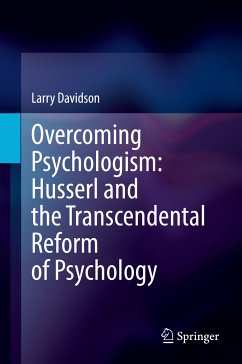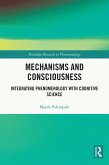The text covers Husserl's definition of phenomenology as "descriptive psychology" in the Logical Investigations, rejecting the hybrid form of "phenomenological psychology" described in the lectures by that name, and endswith his proposal for a "fundamental refashioning" of psychology by situating it within the transcendental framework of The Crisis of European Sciences and Transcendental Phenomenology.
The Author argues for a re-grounding of psychology by virtue of a "return to positivity" after having performed the reduction to transcendental intersubjectivity. What results is a phenomenological approach to a transcendentally-grounded psychology which, while having returned to the life-world, no longer remains transcendentally naïve. A phenomenologically-grounded psychology thus empowers researchers, clinicians, and clients alike to engage in social actions that move the world closer to achieving social justice for all. This text appeals to students and researchers working in phenomenology and psychology.
Dieser Download kann aus rechtlichen Gründen nur mit Rechnungsadresse in A, B, BG, CY, CZ, D, DK, EW, E, FIN, F, GR, HR, H, IRL, I, LT, L, LR, M, NL, PL, P, R, S, SLO, SK ausgeliefert werden.









